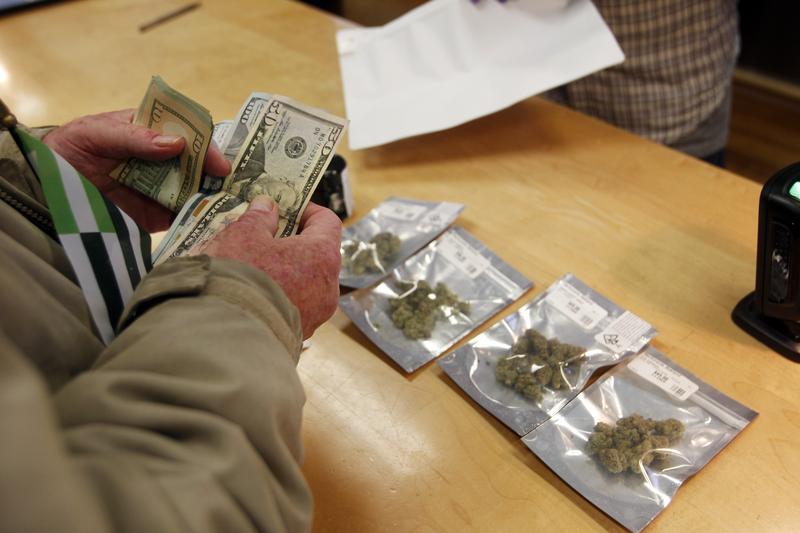
As marijuana legalization inches forward in New Jersey, a coalition of mayors, law enforcement, and town councils are working to ensure that dispensaries never open up shop in their towns.
The municipalities banning marijuana are geographically and demographically diverse with the most concentrated areas of opposition in Bergen County and the Jersey Shore. So far, more than 45 towns have preemptively banned marijuana dispensaries, and the list continues to grow.
Supporting this coalition is Responsible Approaches to Marijuana Policy (NJ RAMP), the state branch of the most powerful anti-marijuana lobbying group in the country. “If you legalize recreational marijuana, you will see homelessness go up, you will see people losing their jobs, you will see more ‘drugged driving,’ you will see more accidents, and more deaths,” said Stephen Reid, executive director of NJ RAMP.
Groups like NJ RAMP distribute fact sheets to local officials citing the negative effects of marijuana legalization in Colorado. According to their data, marijuana-related traffic deaths increased by 151 percent since 2013. But supporters of legalization, like the ACLU, dispute these numbers. They claim Colorado has not been tracking these incidents long enough to show causality, and because THC stays in the body for up to 30 days, drivers may test positive for THC even if they are not currently under the influence.
Opponents of marijuana are primarily concerned with stoned driving and people under 21 obtaining easier access to pot. But another concern among officials is a fear that marijuana dispensaries will attract unwanted visitors to their town.
“Woodcliff Lake is a quaint little town, and it's not a place for dispensaries to open up,” said Mayor Carlos Rendo. He fears dispensaries will put a strain on social services and increase rates of homelessness, though he acknowledged that homelessness is not an issue in Woodcliff Lake currently.
Another fear is that marijuana dispensaries will attract drug dealers from neighboring areas who would want to undercut the legal market. Ringwood Police Chief Joe Walker is also concerned that recreational marijuana would have a negative impact on the opioid crisis, which has hit towns like Ringwood especially hard. “I’ve been to opioid overdoses eight times since I’ve been chief,” Walker said. “Every time there’s marijuana present. And every drug counselor would say that everyone started with marijuana.”
This is known as the “gateway drug theory” which has gradually fallen out of favor since the 1980s. According to a 2017 study by the Drug Policy Alliance, “the vast majority of people who use marijuana do not go on to use other illicit drugs.”
As the list of towns banning marijuana continues to grow, support for legalization remains high. A recent Rutgers University Poll found nearly 60 percent support recreational marijuana for adults.
A legalization bill is expected to continue to wind its way through the New Jersey State Legislature in 2019, and supporters in both houses as well as the governor remain optimistic the bill will pass. If it does, towns will have 180 days to decide whether or not to allow dispensaries to open inside their borders.
